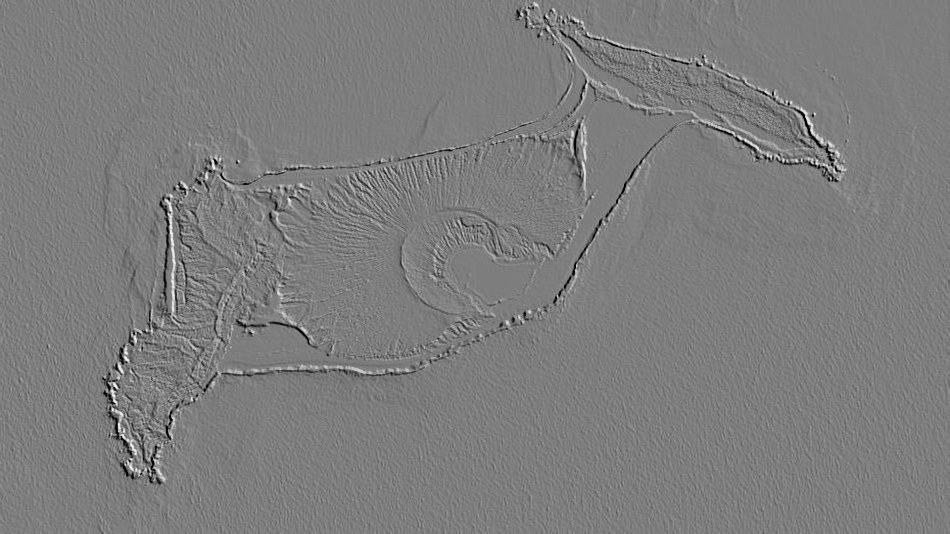Four years ago a volcanic eruption gave birth to one of the world’s youngest islands. But what was thought to be just another short-lived island that submarine volcanic eruptions tend to uplift now has its own flora and fauna. Dazzling pink flowering plants, sooty tern birds, and even barn owls have settled on the island that lies in the kingdom of Tonga, an archipelago in Polynesia that will take your breath away.
The young island has attracted the attention of NASA scientists who were baffled by the discovery of a mysterious light-colored, sticky clay mud on the volcanic mass. Such newly formed and rapidly evolving islands could potentially give researchers cues about how volcanic landscapes interacted with water on ancient Mars, thus helping them learn more about our neighboring red planet.












